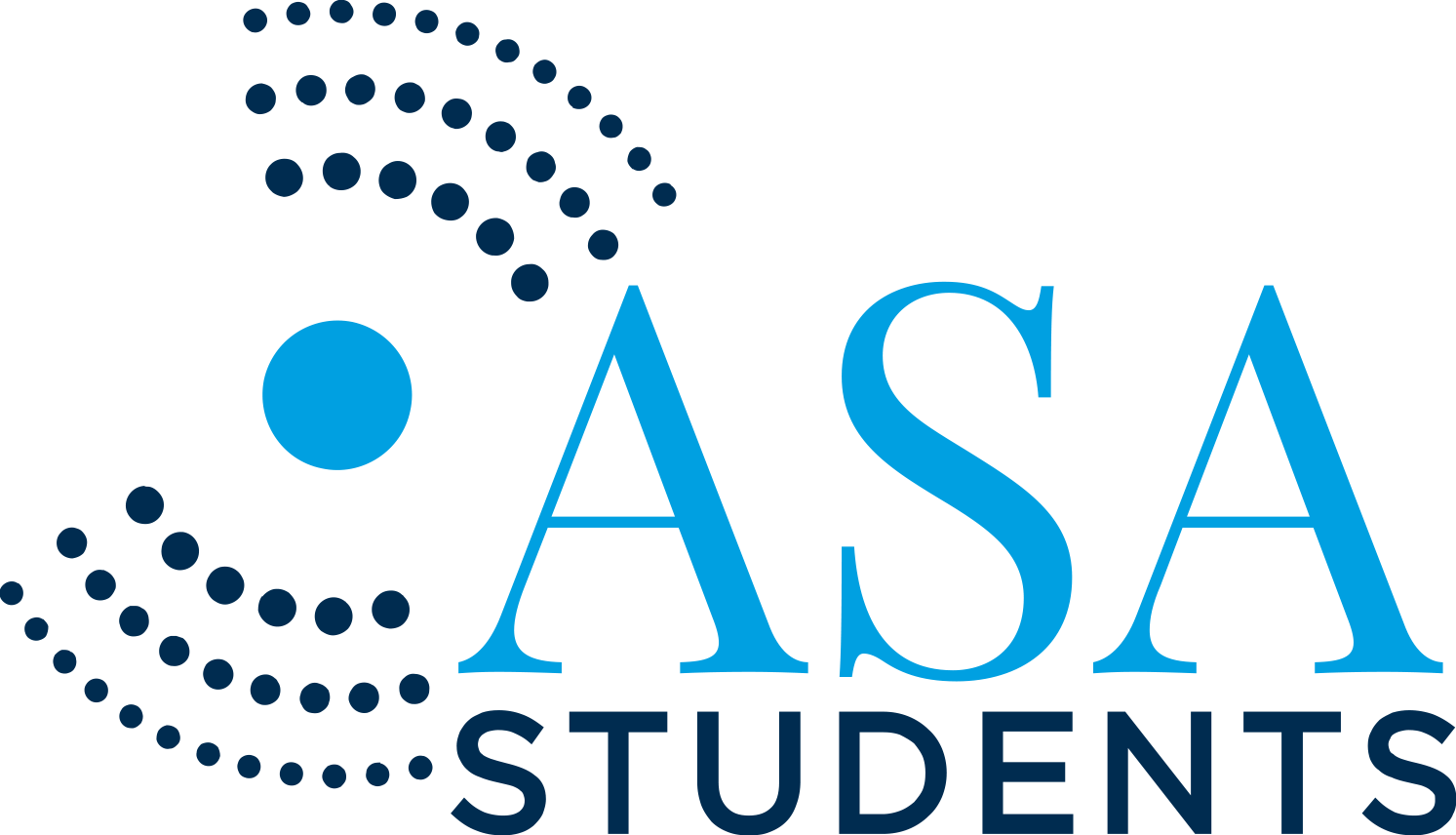ASA San Diego Best Paper Awards
A number of ASA Technical Committees offer Best Paper Awards to students and early career members who present at ASA meetings. More information about these awards can be found on the ASA website’s Funding Sources page. Below, the results of the Best Paper Awards for each Technical Committee that participated at the ASA San Diego 2019 meeting are listed:
Acoustical Oceanography
1st place: Elizabeth Weidner – University of New Hampshire
Tracking the spatiotemporal variability of the oxic-anoxic interface in the Baltic Sea with broadband acoustics
2nd place: Jen Gruber – Naval Postgraduate School
Measurement of acoustic backscattering from rocky outcrops in Monterey Bay
Animal Bioacoustics
First: Madelyn Strahan – National Marine Mammal Foundation
Relationship between biosonar click emissions, age, and hearing bandwidth in bottlenose dolphins, Tursiops truncatus
Second: Youenn Jézéquel – University Brest
Propagation distances and sound properties of the antennal rasps produced by spiny lobsters (Palinurus elephas) in European coastal waters
Architectural Acoustics
First: Shaira Gozun – Angeles City High School
Hibla: An alternative sound absorption material
Second: Ally Taylor – Glasgow Caledonian University
Improving the clinical environment soundscape
Musical Acoustics
First: Sauhaarda Chowdhuri – Westview High School
PhonoNet: Multi-stage deep learning for raga preservation in industani classical music
Second place (tie): Mark Rau – Stanford University
A comparison of nonlinear modal synthesis using a time varying linear approximation and direct computation
Colin Malloy – University of Victoria
Study of timbral influence of mallets on the steelpan through spectral analysis
Noise
Jonathan Broyles, Pennsylvania State University
Perceived annoyance of Mach-cutoff flight ground signatures compared to common transportation sounds
Jacob Ward – Brigham Young University
Spectral comparisons between ground runup and flyover operations of a high-performance military aircraft
Andrew Mitchell – University College London
Making cities smarter with new soundscape indices
Physical Acoustics
Lawrence Singleton – University of Southampton
Metaheuristic algorithm-based optimisation of an elastic metamaterial for robust control of multiple modes of vibration in a structure
Takahiro Ayukai – University of Tsukuba
Numerical Study on Formation of an Acoustic Soliton in Bubbly Liquids Based on Weakly Nonlinear Wave Equation”
Signal Processing in Acoustics
Poster First: Christine Soh – Massachusetts Institiute of Technology
Alignment of canonical and realized acoustic cue labels for modification patterns in speech analysis
Lecture First: Mark Anderson – Brigham Young University
Characterization of the effects of ground boards on acoustic signals
Lecture Second: David Geroski – University of Michigan
Using the frequency-difference autoproduct to passively range remote sources in the deep ocean
Speech Communication
First: Reed Blaylock – University of Southern California
Beatrhyming probes the nature of the interface between phonology and beatboxing
Second: Kirsten Meemann – University of Texas at Austin
The effect of clear speech and masking noise on listening effort in native and non-native listeners
Structural Acoustics and Vibration
First: Gage Walters – Pennsylvania State University
Impact of airfoil design uncertainty on the prediction of gust response
Second: Alyssa Liem – Brown University
Investigations into the accuracy of the light damping approximation
Underwater Acoustics
First: Jie Li – Shanghai Jiao Tong University
Passive acoustic inversion with virtual head waves
Second: Nicholas Joslyn – University of Michigan
Using the frequency difference autoproduct to regain coherence in rough surface scattering
